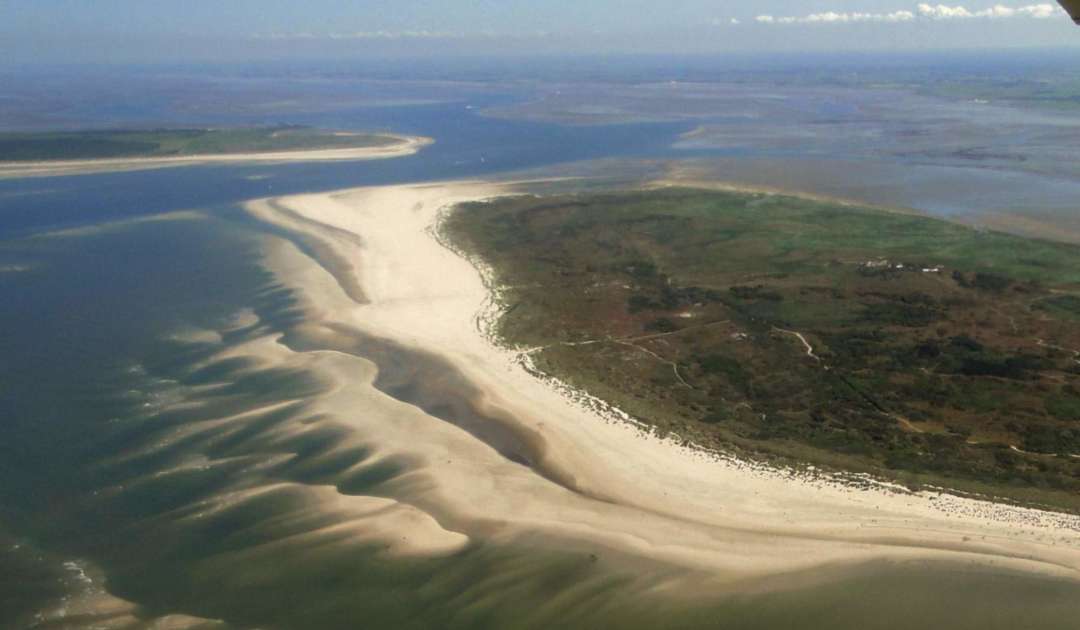Marine Research
Marine Sedimentology
The Marine Sedimentology Section focuses its research on the marine shallow water regimes of all climate zones. The study of the interactions among morphology, sediments, and biological components provides a better understanding between the interplay of abiotic and biotic parameters in tidal and non-tidal coastal ecosystems. Research vessels and boats are used to operate underwater remote-sensing tools such as hydro-acoustic devices and video systems. Bottom samplers and sediment corers are our standard devices to investigate recent and sub-recent sediments and related transport- and depositional mechanisms. The reconstruction of paleo-landscapes and the time series based case-studies of morphological and sedimentological processes are used, in cooperation with other Senckenberg divisions and external research institutes, to forecast scenarios about the future development of coastal systems, with a specific focus on global change and human impact. Inside Senckenberg, our research integrates and extends the expertise of the research fields “Biodiversity and ecosystems” as well as “Biodiversity and earth system dynamics”.

